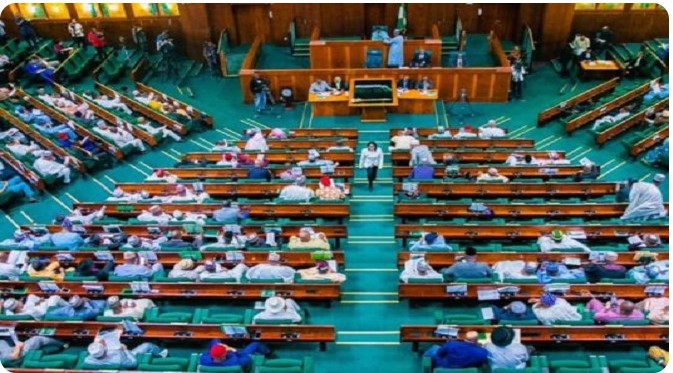The House of Representatives has directed the Minister of Communications, Innovation, and Digital Economy, along with the Nigerian Communications Commission (NCC), to suspend the proposed increase in telecommunications tariffs until service quality improves. This decision came after a motion of urgent public importance was presented by Oboji Oforji (PDP, Bayelsa) during Tuesday’s plenary.
Arguments Against the Tariff Increase
Oforji emphasized that telecom service delivery in Nigeria remains inadequate, and increasing tariffs would further burden consumers who are already struggling with economic challenges. Key concerns highlighted include:
- Economic Impact: The tariff increase would deepen financial hardships, exacerbate poverty, and widen existing inequalities.
- Impact on Critical Sectors: Higher connectivity costs would negatively affect sectors like digital banking, education, healthcare, agriculture, and e-governance.
- Small Businesses: Oforji warned that even a 10% increase in telecommunications costs could reduce small business profitability by up to 7%, potentially leading to closures.
The National Association of Telecoms Subscribers also described the proposed increase as insensitive.
Arguments For the Tariff Increase
Dominic Okafor (APGA, Anambra) and other proponents argued that telecom companies face rising operational costs due to factors such as inflation (34.6% in November 2024) and foreign exchange losses.
They noted that without cost-reflective tariffs, service quality might deteriorate further.
The Association of Licensed Telecom Operators of Nigeria (ALTON) and the Association of Telecommunication Companies of Nigeria (ATCON) have advocated for a tariff hike for over a decade, citing the need to sustain operations amid adverse economic realities.
Legislative Perspectives
Billy Osawaru (APC, Edo) supported the call to delay the tariff hike, stating that consumers should not bear the brunt of economic adjustments without first enjoying top-notch services.
“In developed countries, consumers pay for high-quality services. We are not opposed to a tariff increase, but it should only happen after service improvements,” Osawaru argued.
The House’s directive underscores the importance of balancing industry sustainability with consumer welfare, as the telecom sector remains crucial to Nigeria’s digital economy.

